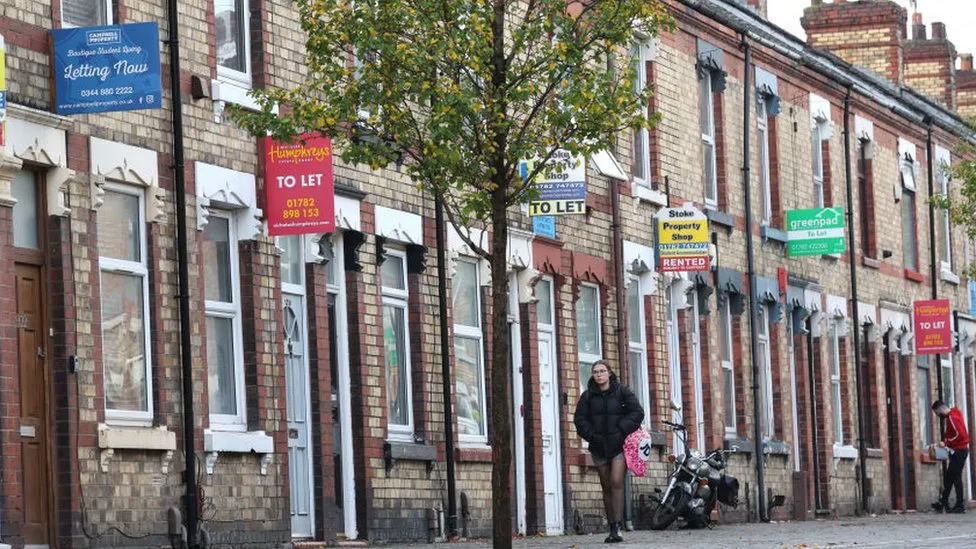Leaseholders Change Bill: Cautioning changes could 'crush' understudy market
Leaseholders Change Bill: Cautioning changes could 'crush' student market
The leasehold system has long been a subject of debate and criticism in the United Kingdom, with many tenants feeling powerless and vulnerable due to the limitations it imposes on their rights. In an attempt to address these issues, the Leaseholders Change Bill was introduced, aiming to bring about significant changes in the leasehold sector. However, while the bill intends to protect the interests of tenants, there are growing concerns that it could have detrimental effects on the student housing market, potentially "crushing" this already challenging segment.
Overview of the Leaseholders Change Bill
The Leaseholders Change Bill seeks to reform the leasehold system by giving tenants more control over their properties. It aims to restrict the powers of landlords, particularly those related to ground rent charges, service charges, and the sale of leasehold houses. The bill also proposes extending the right to lease extensions and introducing a simpler and more affordable process for leaseholders to purchase their freehold.
Impact on the Student Housing Market
Current challenges for student tenants
The student housing market has its own unique set of challenges, with affordability, quality, and security being key concerns for student renters. Many students rely on purpose-built student accommodation (PBSA) or houses in multiple occupation (HMOs) for their housing needs. These properties are often owned by large-scale investors or private landlords who operate under the leasehold system.
Proposed changes in the bill
While the Leaseholders Change Bill is primarily aimed at addressing issues in the residential leasehold sector, its provisions can have significant implications for the student housing market. The proposed changes, if implemented without considering the specific needs of students, could create unintended consequences and hinder the availability of suitable housing options for this demographic.
Potential consequences for student housing
One of the main concerns surrounding the bill is the potential impact on the supply and affordability of student accommodation. With stricter regulations and limitations on landlords, there is a possibility that some investors may be deterred from entering or continuing to invest in the student housing market. This could lead to a decrease in the availability of purpose-built accommodation and HMOs, driving up prices and exacerbating the already challenging situation for student renters.
Concerns and Criticisms
Opposition from industry experts
Industry experts, including property developers, landlords, and investors, have expressed concerns regarding the Leaseholders Change Bill. They argue that while the intention to protect tenants is commendable, the bill fails to strike a balance between tenant rights and the viability of the rental market. Some experts believe that the proposed changes could discourage investment in the housing sector and hinder the provision of quality accommodation for students.
Potential negative effects on the rental market
The potential negative effects of the bill on the rental market go beyond the student housing sector. There are concerns that the increased restrictions on landlords and the additional costs associated with compliance could lead to a reduction in the overall supply of rental properties. This could result in higher rents and limited options for all renters, including students.
Impact on affordable housing options for students
Affordability is a critical factor for students when choosing their accommodation. The Leaseholders Change Bill's impact on the rental market could make finding affordable housing even more challenging for students. If investors shy away from the student housing market due to increased regulations, the supply of purpose-built accommodation and HMOs may decrease, driving up prices and limiting affordable options.
Mitigating Measures and Solutions
Balancing tenant and landlord rights
While it is important to protect tenant rights, it is equally crucial to maintain a balanced approach that considers the interests of landlords and investors. Collaborative efforts between policymakers, tenant representatives, and industry experts should be made to ensure that any changes to the leasehold system do not inadvertently hinder the availability and affordability of suitable housing for students.
Ensuring fair treatment for students
To address the specific challenges faced by student tenants, the Leaseholders Change Bill should include provisions that account for the unique nature of the student housing market. This could involve exemptions or tailored regulations to safeguard the interests of both students and landlords, ensuring fair treatment and maintaining a healthy rental market for this demographic.
Alternative options for student housing
In addition to addressing concerns related to the bill, exploring alternative options for student housing is crucial. This could involve encouraging investment in purpose-built student accommodation through incentives and partnerships between educational institutions and private investors. Local authorities could also play a role by providing support and regulations that facilitate the development of affordable and high-quality student housing.
The Importance of Legislative Balance
As the Leaseholders Change Bill progresses through the legislative process, it is vital to strike a balance between empowering tenants and maintaining a functioning rental market. While tenant rights should be protected, policymakers must consider the potential unintended consequences of the bill and work towards finding solutions that ensure affordable, secure, and suitable housing options for students.
Conclusion
The Leaseholders Change Bill presents an opportunity to address the flaws in the leasehold system and protect the rights of tenants. However, caution must be exercised to avoid detrimental effects on the student housing market. By considering the specific needs of student renters, balancing tenant and landlord rights, and exploring alternative housing options, policymakers can mitigate potential negative consequences and foster a rental market that works for everyone.





No comments: